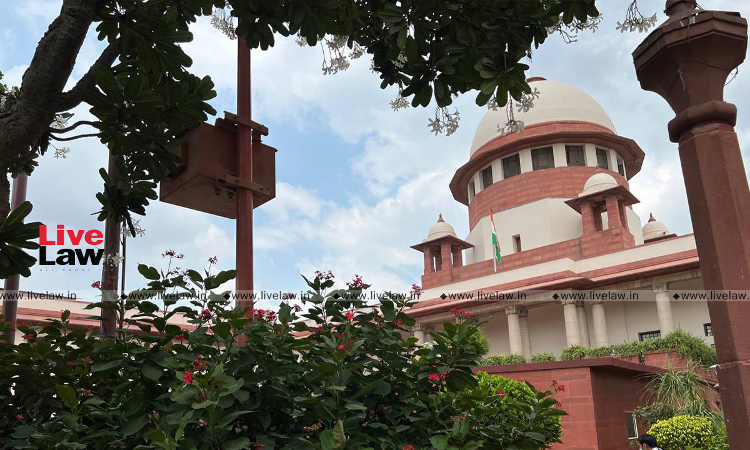Supreme Court Orders Status Quo On Composition Of Kerala Temple Trust; Issues Notice On Plea By Hereditary Trustee
Rintu Mariam Biju
12 Sept 2022 8:13 PM IST

Next Story
12 Sept 2022 8:13 PM IST
The Supreme Court on Monday ordered status quo in a petition filed by a hereditary trustee of the Sree Emoor Bhagavathy Temple of Kerala challenging the notification issued by the Commissioner of Malabar Devaswom Board that invited applications to the post of non-hereditary trustees at the temple."Status quo regarding composition of Trust shall be maintained. Issue notice on stay", a Bench...
